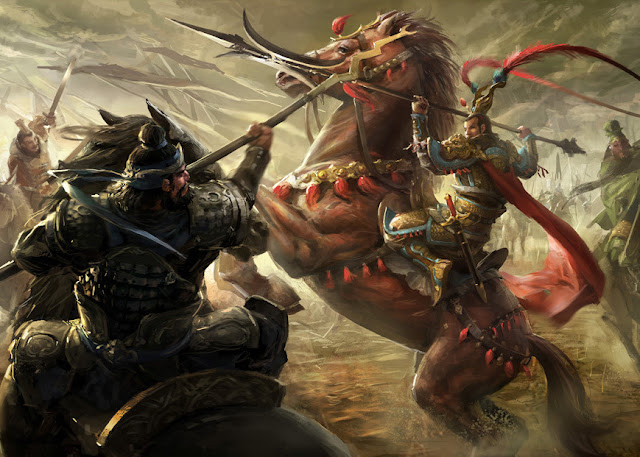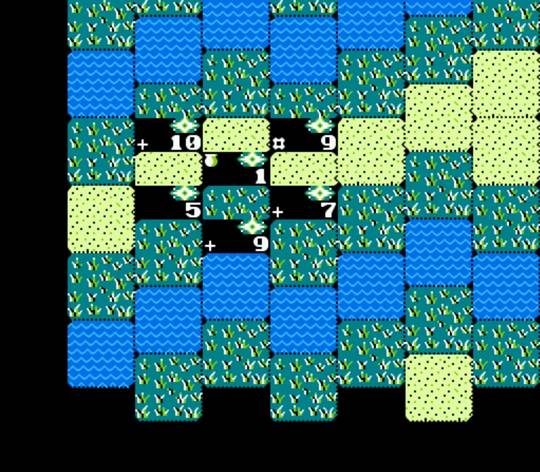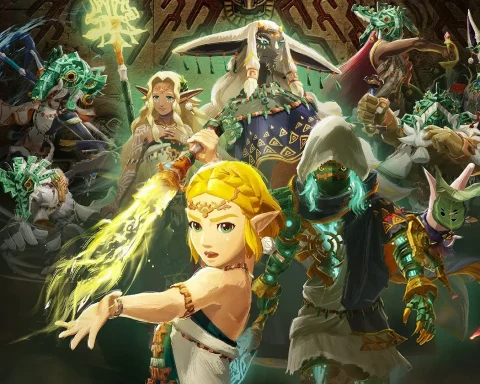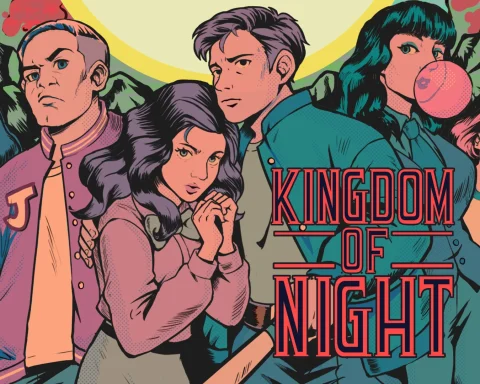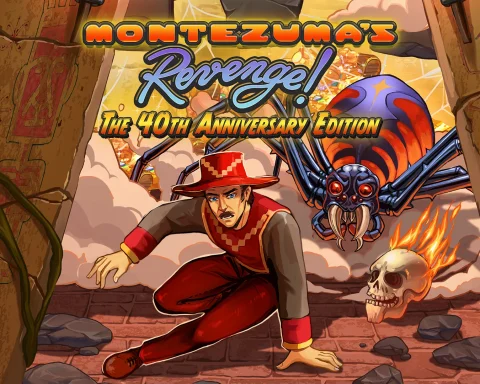Retro Reflections by Nick H.
I have had the Romance of the Three Kingdoms series on my mind a great deal of late. There are multiple reasons for that. Recently I wrote about a classic strategy/RPG hybrid Shining Force, so clearly the tactical genre is in the forefront of my thoughts. The upcoming Romance of the Three Kingdoms XIII (wow, this has proven to be an enduring series) is a title I am anxiously looking forward to as well. These two factors prompted me to fire up the original title again and think about what the series has meant to me.
To read more, log in to your DDNet Premium account:
However warmly I remember Nobunaga’s Ambition for introducing me to the strategy genre, it was Romance of the Three Kingdoms that really captured my imagination. I did not see my cousin Brad very often when we were kids, as we lived on opposite sides of the state. However, I remember him coming to visit for a week one time and it was shortly after I received Romance of the Three Kingdoms from my father as a Christmas present. While I hardly considered myself an expert in strategy games by this time, my cousin had zero experience with the genre and was curious about it. We wound up spending the entire week playing that game, building up our armies, managing our people and stuffing our faces with junk food in the upstairs living room away from the rest of the family.
Later iterations of the series were also a hit with several of my friends. We would have epic games that would span weeks. We would play Dungeons & Dragons or Magic: The Gathering or board games like Axis and Allies while taking turns managing our kingdoms. Early on turns went quickly, but as we expanded our territories and knocked off rivals, turns became much longer, detailed affairs and we spent oodles of hours strategising to take each other down. It was always interesting to knock one of your buddies out of the campaign. It just meant they had more time to dedicate to our other games we were playing on the side, though we had a tendency to ally ourselves with one another early on so we could all attempt to participate in the end game against one another.
The series has taken a good number of turns over the years, but at its heart it has always been about managing your lands so you can feed your people and arm your troops which are led by a variety of different generals with varying stats and abilities. Later entries in the series saw more complexity introduced, but what stood out to me about the original game was the unique cast of characters.
Romance of the Three Kingdoms was set against a range of different historical scenarios but more importantly leveraged its cast of characters to make the warfare a more personal affair. Different tasks were bound to the stats assigned to these generals, for example, meaning that doing well at the game required that you recruit and maintain a varied range of leaders with differing skill sets. Battles, meanwhile, were turn-based strategy affairs that rewarded patience and preparation. And I loved those battles, but unusually for a strategy game, I did not think they were the focus of the experience. Rather, I became curious about the characters and the lore behind it.
It is a rare and special game that makes a kid want to learn more about an ancient, foreign history, but Romance of the Three Kingdoms did exactly that. I began to read more about the turbulent Han dynasty. The name of the game itself is, of course, based on one of the true greats of Chinese historical fiction, and followed characters who were blended in both history and legend and created some fascinating tales of political intrigue, tested loyalties and of course the battles that were waged. Most commonly featured in the games back then were Liu Bei and his sworn brothers Zhang Fei and Guan Yu. Their bond served as a narrative entry point for me as I played the game time and again.
Of course playing Romance of the Three Kingdoms now is a mixed experience. I can appreciate the title for what it did in helping to establish the strategy genre, especially on consoles. Even more than that I fondly recall what it meant to time spent with my cousin and my friends over the years as well as my own personal interest in that time period. As a game however, it is quite limited. Often times we go back and play a game from years ago and cannot help but notice the technical limitations. With some games the limitations of them make them endearing now, but I cannot say the same thing for the original Romance of the Three Kingdoms. It’s not just that it’s limited in its aesthetics, but it’s also a strategically limited game, and for a strategy game that’s never a good sign.
Due to technical limitations and the experience of Koei at the time, the original Romance of the Three Kingdoms has simply been superseded many times over in recent years, and through its own sequels. But despite the original’s shortcomings, I am incredibly grateful for the initial entry in the series for what it has given us in the subsequent years and, when playing with this game again has certainly whetted my appetite for the upcoming, new release on PlayStation 4 and PC.
– Nick H.
US Editor

